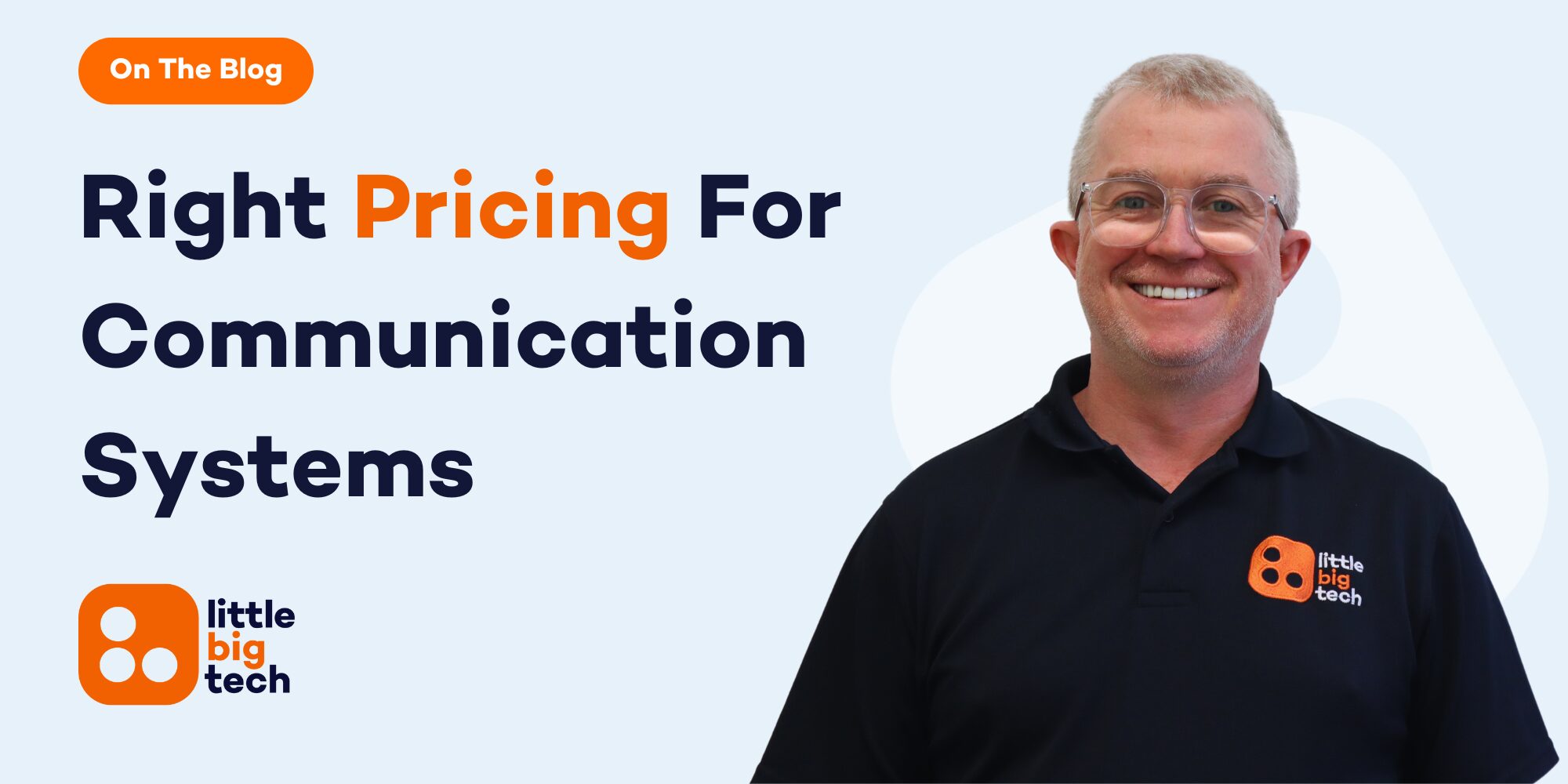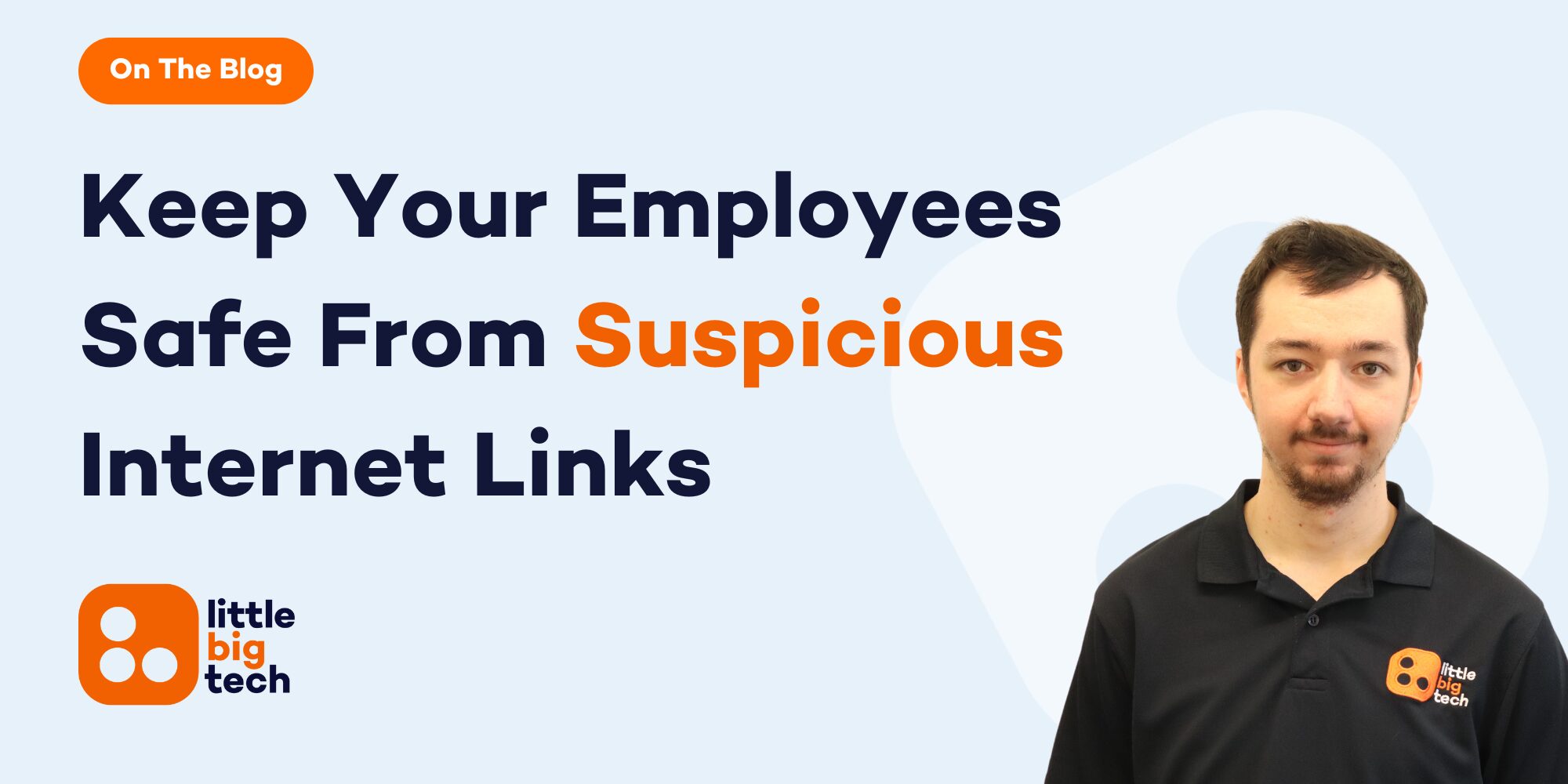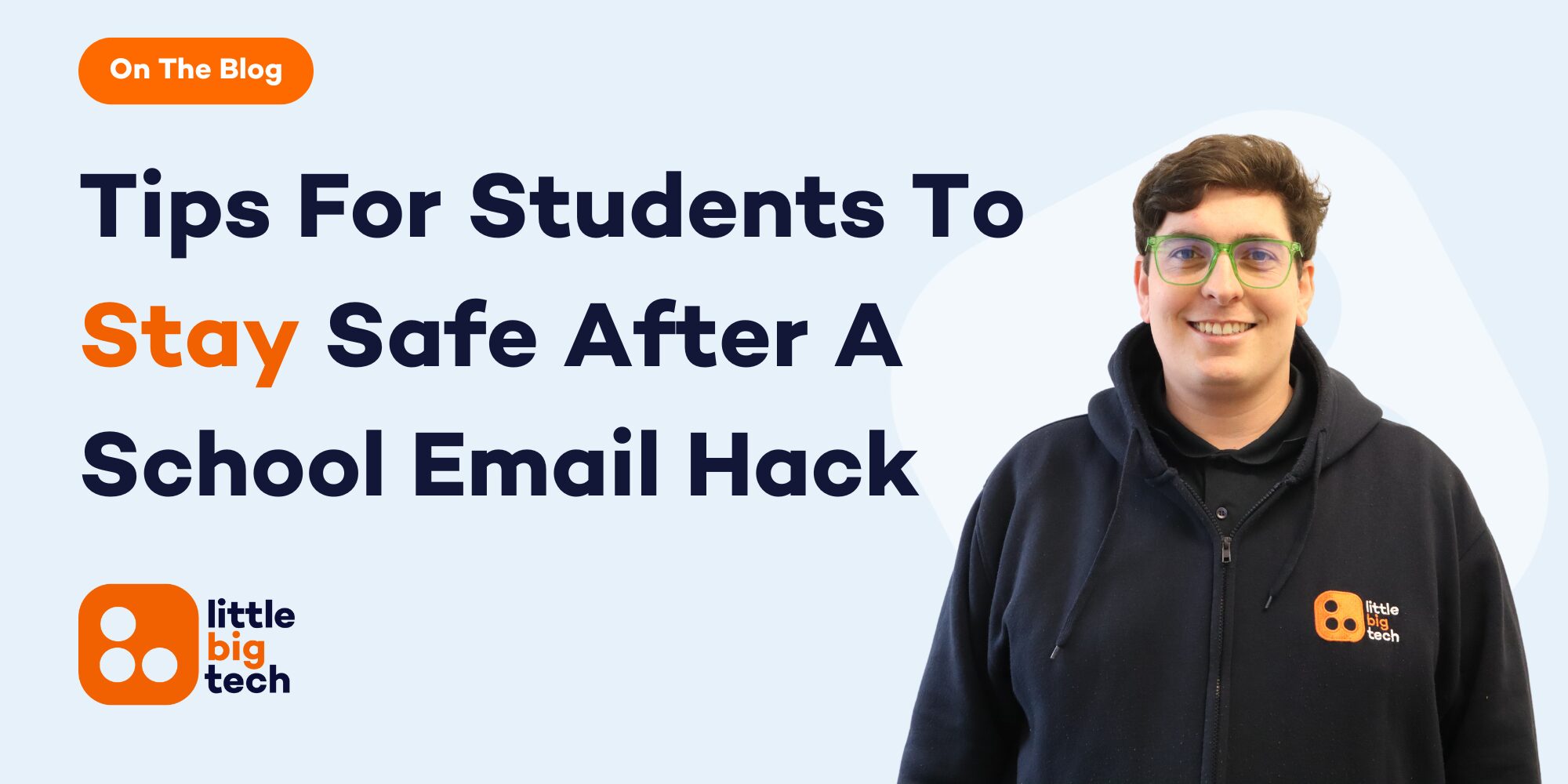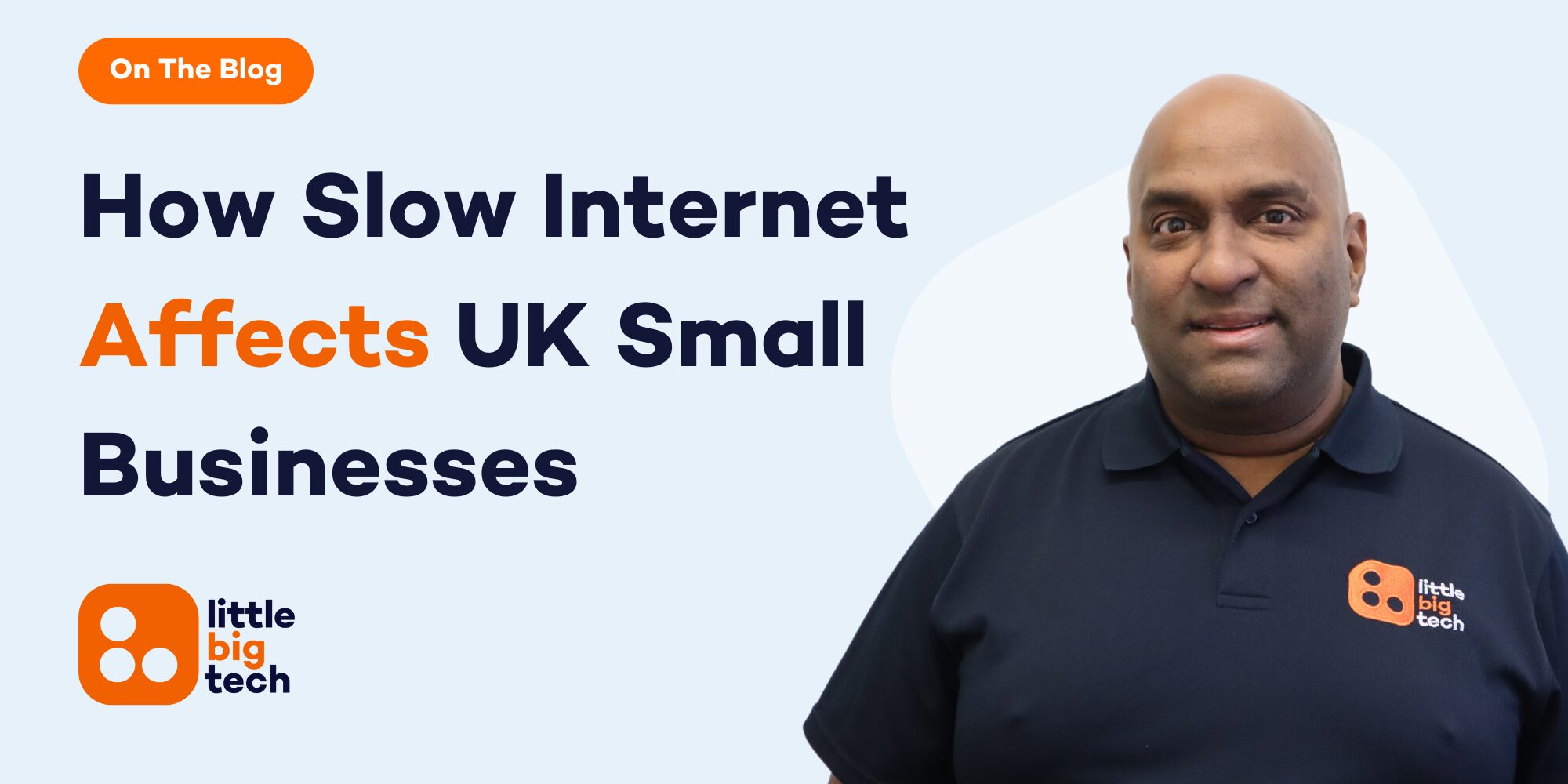- How Much Does A VoIP Provider UK Cost In 2025?
- What Affects VoIP Provider UK Pricing The Most?
- VoIP Provider UK Vs Traditional Phone Systems: Is It Cheaper?
- What Features Are Worth Paying For With A VoIP Provider UK?
- How To Choose The Right VoIP Provider UK For Your Budget
- Let’s Help You Get The Best VoIP Provider UK Without The Stress
How Much Does A VoIP Provider UK Cost In 2025?
The average business looking for a VoIP Provider in 2025 can expect to pay between £8 and £20 per user, per month. This usually includes essential features like call handling, voicemail to email, and mobile app access. For businesses with more advanced needs, packages can rise to £25–£35 per user, especially if call recording, analytics, or international minutes are involved.
If you’re a small team of five, your total bill could sit around £40–£100 per month, depending on the features you need. A mid-sized company of 30 staff might budget between £240–£600 monthly, again influenced by usage and service level.
One-off setup fees vary. Some providers offer free setup as part of a contract, while others might charge around £50–£100 per user if installation is needed. Hardware, such as desk phones or headsets, is often extra unless using mobile apps or softphones.
Larger organisations that need bespoke features or direct integration with their CRM may require tailored pricing. This often involves custom quotes, so public pricing might not be available.
Remember, pricing isn’t just about cost per user. Good providers also include updates, support and security at no extra charge. In most cases, the monthly fee covers software licenses, support desk access, and routine maintenance.
Looking beyond the sticker price is vital. Paying £12 a month might sound great, but if there’s no support when something breaks, you’ll lose far more in downtime. That’s why understanding the full pricing model, rather than just what’s advertised, matters for your long-term business health.
What Affects VoIP Provider UK Pricing The Most?
Many businesses wonder why the price of one VoIP service is much higher than another. The truth is, pricing depends on several factors, and each one can impact your bill more than you might expect.
The number of users is the biggest driver. Most services charge per user, so five people cost less than twenty. However, many providers offer bulk discounts when your team grows. It’s worth asking what these savings look like before you commit.
Features and add-ons come next. Standard packages often include call forwarding, voicemail, and mobile access. But if you need features like call recording, IVR menus, or real-time analytics, the cost can rise quickly. These tools are useful for sales or customer support teams but are not always needed by every department.
Then there’s the question of contract length. Monthly rolling plans cost more per user, while longer 12- or 36-month contracts often come with reduced prices. But remember, cheaper isn’t always better if it locks you into a service you’re not happy with.
Call volume and usage type also affect your final costs. Some providers include UK landline and mobile minutes in their packages, while others charge per minute. If your team makes frequent international calls, be sure to ask for pricing details or international bundles.
Hardware needs also factor in. If you’re using your own laptops and smartphones, you might not need any extra kit. But if you need desk phones or conference equipment, those add costs too sometimes as a one-off fee or monthly lease.
Some companies also charge extra for setup, onboarding or training. While this might be fine for larger businesses, small firms should be cautious about upfront costs.
Lastly, support levels vary. A provider offering 24/7 phone and email help will cost more than one that only provides chat during working hours. But good support pays for itself during a technical fault or outage.
So when you’re comparing offers, make sure you’re looking at the real-world cost, not just what’s printed on the first page of a sales brochure.
VoIP Provider UK Vs Traditional Phone Systems: Is It Cheaper?
Many businesses still rely on older phone systems without realising how much they’re spending unnecessarily. Traditional landline systems might seem simple, but they come with hidden costs that add up quickly.
First, there’s the line rental. Most landline systems require you to rent phone lines from a telecoms provider, even before you make a call. This often adds £15–£20 per line per month. If you have 10 users, that’s £150–£200 before adding usage or features.
Then there’s the hardware maintenance. Old systems require physical handsets, servers, and often on-site PBX units. When something goes wrong, repairs aren’t always quick or cheap. Engineers may charge £80–£120 per hour, and parts can be hard to source.
On top of that, call charges are higher with landlines, especially for mobile and international calls. Businesses used to see phone bills in the hundreds each month just for outbound calls. With VoIP, most packages include unlimited or generous UK minutes, and even international rates are much lower.
In contrast, a cloud-based phone system using a VoIP Provider UK often includes everything in one flat monthly fee. There’s no line rental, no expensive PBX hardware, and updates happen automatically in the background.
VoIP also scales better. Adding a new user is as simple as creating a login or installing an app. With a landline, you’d need to run new wiring and possibly expand the system at cost.
And then there’s flexibility. VoIP lets staff work from home, use mobile apps, and stay connected even if your office internet goes down as long as they have a 4G or backup connection.
So is VoIP always cheaper? In almost every case, yes, particularly when you consider total cost of ownership over time. You’ll likely pay less month to month, avoid big repair bills, and benefit from features that old systems just can’t offer.
The long-term savings, added mobility, and lower upkeep make switching not just a tech upgrade, but a financial one too.
What Features Are Worth Paying For With A VoIP Provider UK?
VoIP systems come with a long list of features, but not every business needs every tool. The key is knowing what’s worth paying for and what’s just a flashy extra.
Let’s start with the basics. Call routing, voicemail to email, and mobile apps are often included in most packages. These features help your team stay responsive, even when they’re out of the office. For most businesses, these are essential.
Next, auto-attendant menus (sometimes called IVR) let your callers choose where to go. Press 1 for sales, press 2 for support, it sounds small, but it makes a big difference to call handling and saves time for everyone.
Another useful feature is call recording. This is especially helpful for customer service teams or regulated industries. It’s not always included in standard plans, so be sure to ask. Make sure the recordings are stored securely and access is controlled.
Analytics and reporting are valuable if you want to improve team performance. These tools show missed calls, wait times, and how long agents spend on the phone. For some businesses, this data helps drive real improvements. If your provider offers it at no extra cost, it’s a smart inclusion.
CRM integration is worth exploring too. This allows incoming calls to match with customer records, saving your team from searching for client details manually. It speeds up service and gives a better experience to callers.
Don’t overlook call queues and ring groups. These are especially helpful for busy teams. Calls can be distributed evenly or directed to the next available person, helping reduce wait times and avoid bottlenecks.
Then there’s video calling and conferencing. While not every business needs this, some find it helpful to have an all-in-one system for both voice and video, rather than paying for separate tools.
Avoid overpaying for features you won’t use. A one-person consultancy won’t need call queues or complex routing. A call centre, however, can’t go without them.
Always ask your provider for a full list of what’s included and what’s extra. That way, you’re not caught off guard by hidden fees.

How To Choose The Right VoIP Provider UK For Your Budget
Choosing the right service means more than just picking the cheapest plan. There are a few steps every buyer should follow to make sure they’re getting both value and support.
How many users intended: Include part-time staff, remote workers, and anyone else who will take or make calls. This gives you a clear number to work with when comparing prices.
Which features matter most: Do you need basic calling only? Or will call recording, reporting, or integrations make a difference? Make a shortlist of must-haves and nice-to-haves.
Contract terms: Some providers offer discounts for long contracts, but these can lock you in. If you’re unsure, try a 30-day rolling contract first. You can upgrade later when you’re confident it’s the right fit.
Detailed quote: Make sure it includes setup fees, hardware costs, VAT, and anything listed as optional. A good provider will explain each cost clearly and let you remove features you don’t need.
Support Included: Can you speak to a human if something breaks? Is there a UK-based helpdesk? Look for 24/7 phone or email support especially if your business runs outside normal hours.
Read Reviews: Real experiences can tell you a lot about response times, reliability, and honesty around pricing.
Test the service if possible: Many providers offer free trials. Try out the features, see if it works well with your internet speed, and ask your team for feedback.
Choosing a VoIP Provider in the UK that fits your budget shouldn’t mean cutting corners. With a bit of planning, you can find a service that ticks all the boxes at a price that works for your business.
Let’s Help You Get The Best VoIP Provider UK Without The Stress
We know how hard it can be to choose the right provider, especially when there are so many options and hidden charges to look out for. That’s why we’ve built our service around clear pricing, real support, and features that work for businesses of every size.
At Little Big Tech, we don’t just sell phone systems. We help businesses get the tools they need to grow, stay connected, and look professional without spending more than they should. Our VoIP plans are flexible, easy to set up, and backed by a support team who actually answer the phone.
Whether you’re a one-person startup or a fast-growing team, we can help you find the right setup that matches your needs and your budget. We don’t believe in overloading you with features you’ll never use or locking you into long contracts you can’t leave.
If you’re ready to make the switch or just want some honest advice, we’re here to help. Let’s talk about what your business really needs and build something that works from day one. Give us a call today on 03333 055 331 or visit our website to get started.










